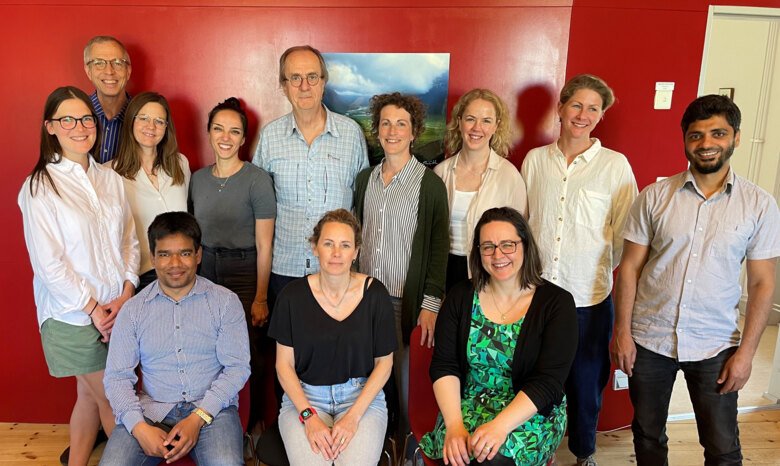Our research
The Reproductive, Perinatal and Pediatric Epidemiology Group has extensive experience and expertise in conducting large-scale epidemiological studies using high-quality population-based health care and quality registers. In addition, we perform randomised clinical studies and qualitative studies within the clinic.
We collaborate with other research groups, both within the Clinical Epidemiology Unit (KEP) and at Karolinska Institutet more broadly, as well as other universities in Sweden and internationally. We work in close collaboration with the Department of Women’s Health (ME Pregnancy and Childbirth) at the Karolinska University Hospital and other providers of care in the Stockholm Region.
Our group includes experienced researchers who combine clinical work with epidemiological research, and is composed of obstetricians and gynecologists, midwives, neonatologists and pediatricians, nutritionists, epidemiologists, biostatisticians and doctoral students. Many of our researchers are also engaged in a range of national and local initiatives for safety and improvement of care for women and their infants.
Since 2014, we have been responsible for developing and leading the Swedish Pregnancy Register – a register focused on improving the quality of care for pregnant women and their newborns.
Ongoing projects
Not all research questions are possible or even ethical to study in randomized trials. The high-quality population-based registers available in the Nordic countries uniquely allow us to answer research questions that are otherwise difficult to address, including medication exposure during pregnancy.
Research within our group is broad and includes risk factors, interventions and management during pregnancy, delivery and the neonatal period, and associated maternal and infant outcomes. Specifically, our research focus includes:
- Obesity, bariatric surgery before pregnancy, weight gain during pregnancy and maternal and perinatal outcomes.
- Quality of care interventions and models of care during childbirth.
- Prediction models for preeclampsia and postpartum haemorrhage.
- Duration of labour, interventions, and adverse delivery outcomes.
- Medication use and chronic diseases (including diabetes, inflammatory bowel disease and rheumatic diseases) during pregnancy and maternal, perinatal and infant outcomes.
- Pregnancy and associated risks of infant neuropsychiatric disorders and medical diseases, including stroke.
- The impact of climate change on maternal and perinatal health.
- Neonatal quality care and associated short- and long-term outcomes.

